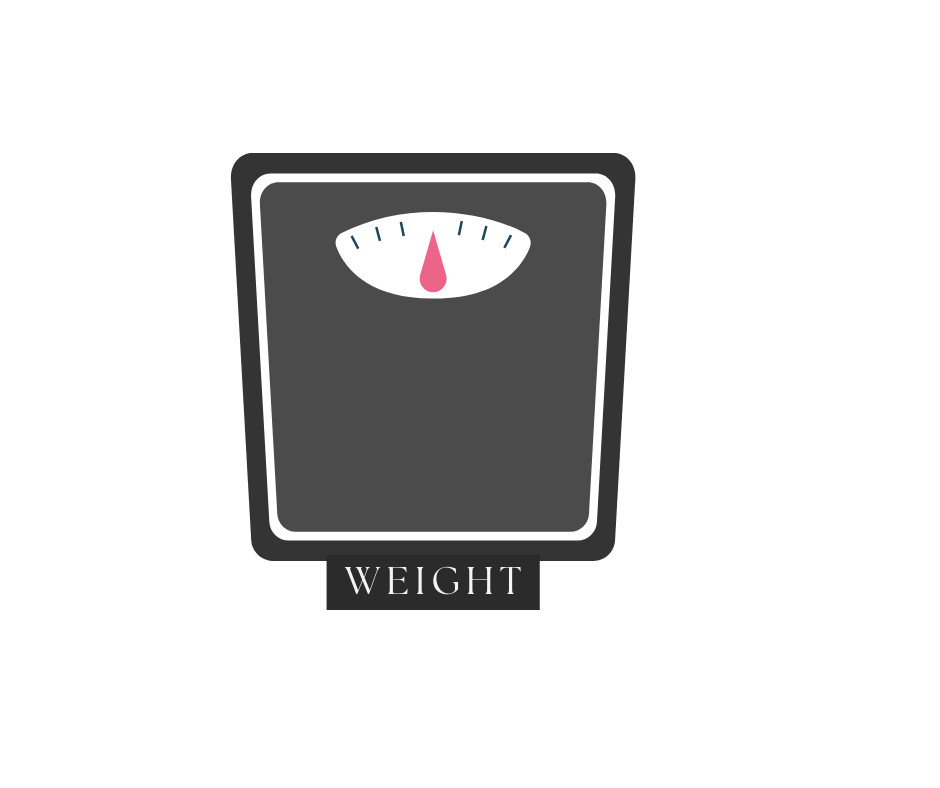MUSCLES

DROOLING LEVEL

SHEDDING

GROOMING


French Bulldog is a charming and amusing small dog breed that has become increasingly popular as a family pet. With their affectionate nature, playful personality, and low exercise needs, French Bulldogs make excellent companions for urban dwellers and busy households. This breed has a fascinating history spanning from its origins as a descendant of the English Bulldog to its rise in popularity as a fashionable city dog. Read on to learn all about the unique qualities and care requirements of the delightful French Bulldog.

Height: 11-13 inches

Rank: 1

Weight: 20-30 lb

Life Span: 10-12 Years









French Bulldogs are a small, compact breed with a muscular build. They typically stand 11-13 inches tall at the shoulder and weigh under 28 pounds. Their body is powerful and squarely-proportioned with a broad chest and lean, athletic limbs. The head of the French Bulldog is large and square with a short muzzle, rounded forehead, and “bat” ears that stand erect. They have a wrinkled face and alert, expressive eyes. The skin folds around the face and nose are part of the breed’s distinctive look.
The coat of the French Bulldog is short, smooth, and fine in texture. Common coat colors include fawn, cream, various brindles, and solid black, blue, or chocolate. Occasionally French Bulldogs may have small white markings on the chest or feet. Their easy-care coat requires minimal grooming and only occasional brushing. The French Bulldog is an average shedder.
One of the reasons French Bulldogs are such popular companions is their playful yet easygoing temperament. They thrive on human interaction and crave attention from their family. French Bulldogs are lively and alert indoor dogs with a curious, clownish nature. They get along well with children and other pets if properly socialized. While friendly with most people, French Bulldogs can be suspicious of strangers and make excellent watchdogs.
The exercise requirements of the French Bulldog are lower than many breeds due to their smaller size and moderate energy level. A couple short walks or active play sessions each day will meet their activity needs. French Bulldogs enjoy exploring the outdoors but prefer being inside relaxing with their family. They adapt well to apartment living as long as their exercise needs are met. Mentally stimulating games and toys are also appreciated by this bright little breed.
French Bulldogs can have a stubborn streak at times, but overall they are eager to please their owners. Positive reinforcement training methods work best with treats, praise, and play used liberally as rewards. Keep training sessions upbeat and interesting as French Bulldogs have a short attention span. Their strong desire to be with their people makes them very trainable. Consistency and patience are key when working with this breed.
Thanks to their short, fine coat, French Bulldogs require minimal grooming. Use a soft brush weekly to remove dead hairs and distribute skin oils. Check their facial folds for debris. Clean ears regularly to avoid infection. Their nails may need periodic trimming as well. Many French Bulldogs snore loudly and are prone to drooling due to their short muzzles. Overall, their grooming routine is simple compared to other breeds.
French Bulldogs are vulnerable to certain health problems including spinal disorders, patellar luxation, difficulty breathing, eye diseases, and skin allergies. Reputable breeders screen breeding dogs for health conditions to minimize risks. Provide excellent preventative care through nutrition, exercise, and vet visits. Monitor your French Bulldog’s temperature and activity in hot humid weather.
The French Bulldog originated in England and is descended from the English Bulldog. During the Industrial Revolution, English laceworkers brought small bulldogs with them to France. These dogs were bred down in size, resulting in the French Bulldog. The breed quickly grew popular in France and became associated with Parisian culture. The French Bulldog remains a fashionable city dog today.
The ideal home for a French Bulldog is one that provides ample attention, playtime, and togetherness with their family. They flourish as companion dogs in urban settings and adapt well to apartment living. French Bulldogs prefer temperate climates and should live indoors. A securely fenced yard is recommended. Homes with small children or other pets should supervise play. Owners need to be aware of the breed’s potential health concerns. With their charming temperament and minimal care requirements, the French Bulldog makes an outstanding family pet.